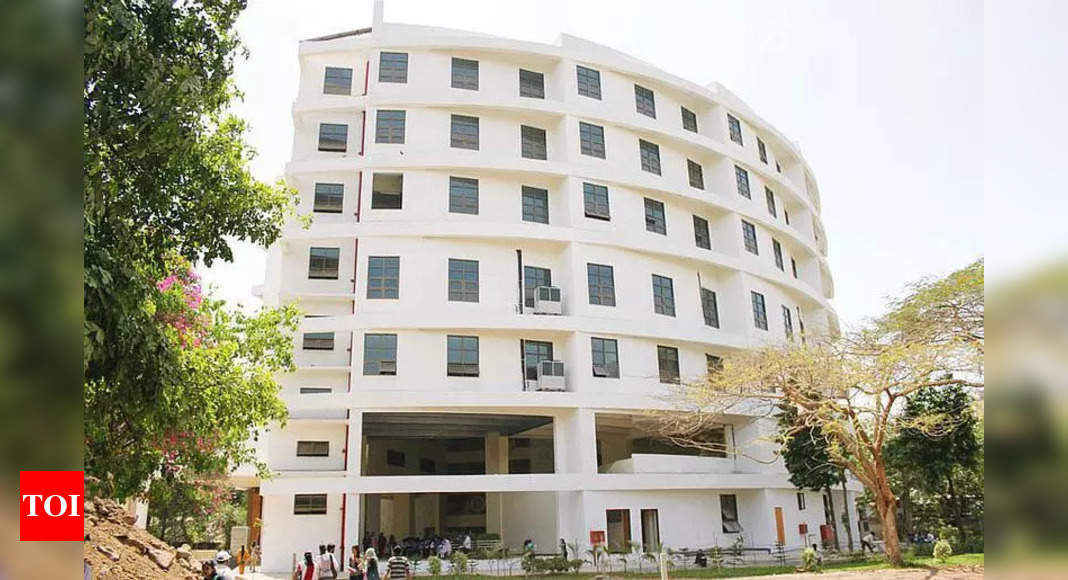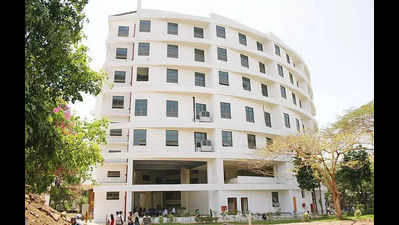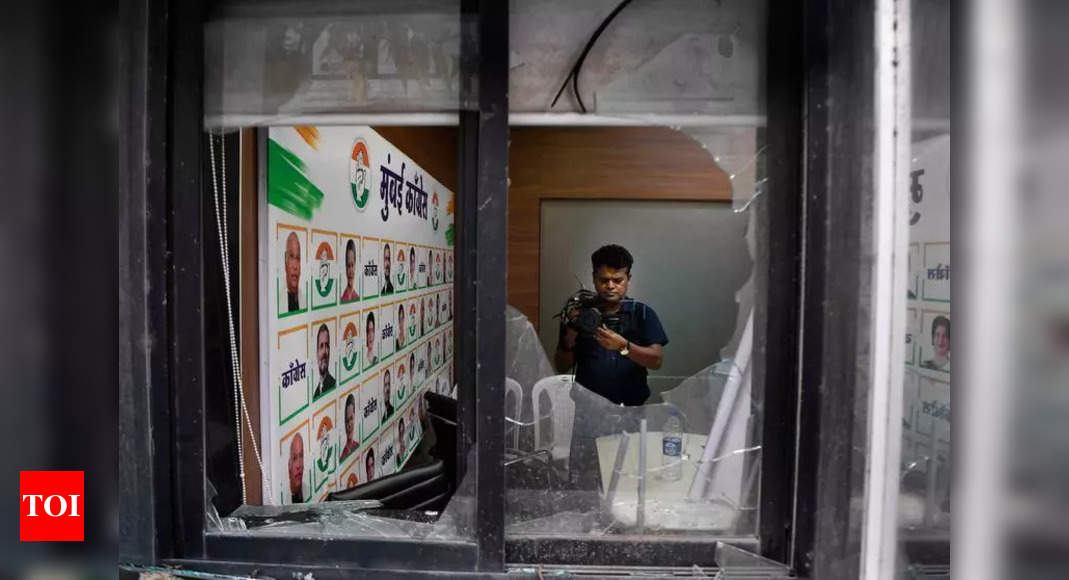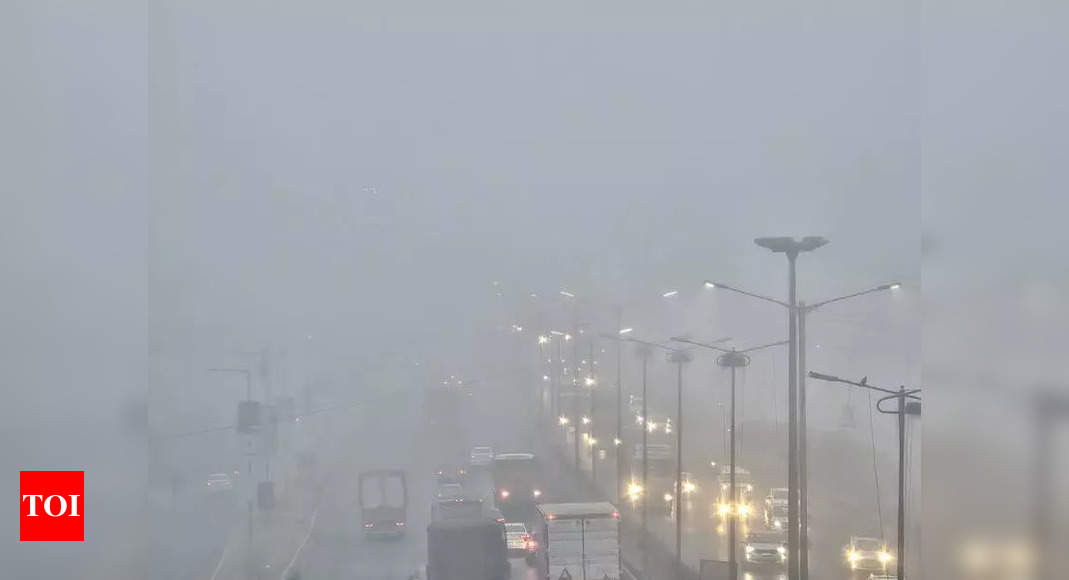Mumbai: Many students admitted to the three colleges under the Somaiya Group with fake documents from schools affiliated with other boards were actually students from the state board. They were admitted as students from other boards because it was possible to verify their documents manually at the guidance centre and at the colleges — a loophole in the centralised admission process that the racketeers exploited. For state board students, the scores are automatically uploaded as the admission portal is linked to state board portal.
The first-year junior college (FYJC) admission racket was unearthed at these colleges, leading to cancellation of admissions for 50 students. City police have so far arrested four people: a tout, two permanent staffers from the colleges, and a clerk from the education department’s guidance centre. Following the incident, the management has launched a verification process for all students admitted from other boards in the last academic year too.
Interestingly, these students were registered on the admission portal twice, revealed an investigation carried out by the management. Once with initial online registration with their original marks and boards at the start of the FYJC admission process in June, and then again during later rounds, said Principal Smita Bhosale of SK Somaiya Vinay Mandir College. This time, however, they not only registered with fake documents but also modified their names to avoid duplicity, she added. For instance, Ramesh Ranjeet Sathe (name changed) was registered as Sathe Ramesh for the special round.
Kishan Pawar, Principal, KJ Somaiya College of Arts and Commerce, said these fake mark sheets and leaving certificates were to be first verified by the guidance centres, where the staff representing the education department does the verification and eventually sends allotment letters and SMS to students. “Since documents were verified by the guidance centre and the colleges were allotted by the guidance centre, we went ahead with admissions. Later during verification process, there were too many red flags. A student who was given multiple reminders to submit original marksheet failed to turn up. There were students with scores in the 90s taking admission in special round, which also made us suspicious. When confronted, most parents admitted they paid Rs 20,000 to Rs 3 lakh to a stranger who assured admissions by misguiding parents in the name of management quota,” said Pawar.
Mumbai: Many students admitted to the three colleges under the Somaiya Group with fake documents from schools affiliated with other boards were actually students from the state board. They were admitted as students from other boards because it was possible to verify their documents manually at the guidance centre and at the colleges — a loophole in the centralised admission process that the racketeers exploited. For state board students, the scores are automatically uploaded as the admission portal is linked to state board portal.
The first-year junior college (FYJC) admission racket was unearthed at these colleges, leading to cancellation of admissions for 50 students. City police have so far arrested four people: a tout, two permanent staffers from the colleges, and a clerk from the education department’s guidance centre. Following the incident, the management has launched a verification process for all students admitted from other boards in the last academic year too.
Interestingly, these students were registered on the admission portal twice, revealed an investigation carried out by the management. Once with initial online registration with their original marks and boards at the start of the FYJC admission process in June, and then again during later rounds, said Principal Smita Bhosale of SK Somaiya Vinay Mandir College. This time, however, they not only registered with fake documents but also modified their names to avoid duplicity, she added. For instance, Ramesh Ranjeet Sathe (name changed) was registered as Sathe Ramesh for the special round.
Kishan Pawar, Principal, KJ Somaiya College of Arts and Commerce, said these fake mark sheets and leaving certificates were to be first verified by the guidance centres, where the staff representing the education department does the verification and eventually sends allotment letters and SMS to students. “Since documents were verified by the guidance centre and the colleges were allotted by the guidance centre, we went ahead with admissions. Later during verification process, there were too many red flags. A student who was given multiple reminders to submit original marksheet failed to turn up. There were students with scores in the 90s taking admission in special round, which also made us suspicious. When confronted, most parents admitted they paid Rs 20,000 to Rs 3 lakh to a stranger who assured admissions by misguiding parents in the name of management quota,” said Pawar.




